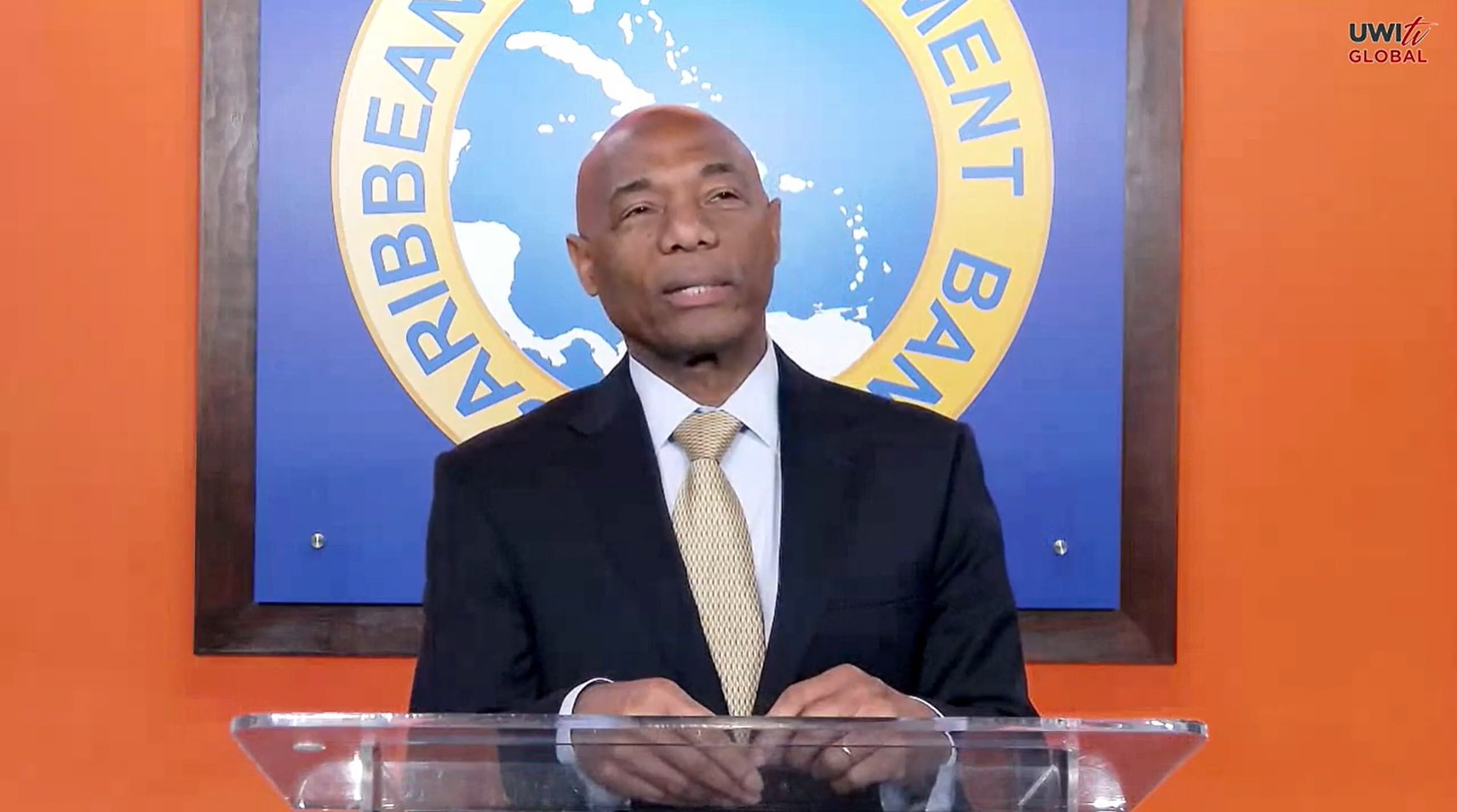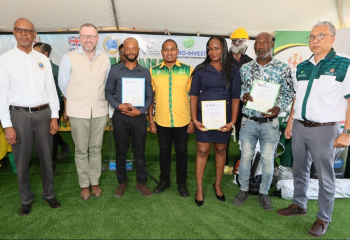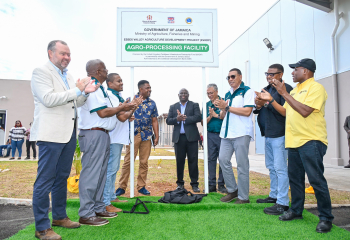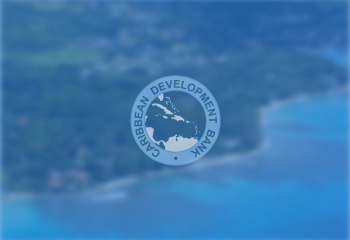US$47 million for Development Projects under Tenth Cycle of CDB’s Basic Needs Trust Fund

One of the Caribbean’s longest-running poverty reduction programmes, the Caribbean Development Bank’s (CDB) Basic Needs Trust Fund (BNTF) launched its tenth cycle this week, with over US$47 million committed to supporting projects in nine countries across the Region.
Already, 123 sub-projects are in the pipeline for this cycle of the BNTF which will run until December 31, 2024. Contributors to CDB’s Special Development Fund which funds the BNTF, approved US$40 million with the remainder coming from the participating countries: Belize, Dominica, Grenada, Guyana, Jamaica, Montserrat, Saint Lucia, St. Vincent and the Grenadines and Suriname.
Speaking at the launch on Monday, President of the Bank Dr Gene Leon urged development actors in the Region, including at the Bank, to explore how development programmes like the BNTF can be expanded and retrofitted to meet the changing needs of the Region.
“…Enhancing the development impact is more than doing what we are currently doing and doing it better,” noted the Bank President, adding:
“It is about questioning our targets to make sure that we are providing the best use of every development dollar; it is about questioning what aspects of development are the most urgent for targeting; it is about members designing, monitoring implementation, and providing feedback on programmes.”
Pointing specifically to the issues of climate change and resilience and how they affect the Caribbean, he noted that the metrics used for allocation and assessing impact may need to take other factors into account.
“On impact, we can ask is the current allocation efficient or optimal? Should we pivot to a distance-to-SDG metric as the basis of allocation? Indeed, should we not review the very definition of eligibility, given we are championing the Recovery Duration Adjustor (RDA) as a more equitable alternative to Gross National Income (GNI) as the predominant factor in accessing concessional finance?” stated Dr Leon.
Guyana’s Senior Minister in the Office of the Prime Minister with responsibility for Finance, Hon. Dr Ashni Singh elaborated on the impact of the BNTF in his country and further afield, stating:
“Over the past four decades, interventions have provided access to improved social infrastructure including markets, health posts, resource centres and schools, provided first time access to potable water, improved roads, bridges and foot paths and provided certified skills training aimed at enhancing employability and income generation. BNTF projects have impacted us all
BNTF initiatives have impacted us all regionally nationally and most importantly, our people at the grassroots level.”
In his remarks, Grenada’s Minister of Finance, Economic and Physical Development and Energy, Hon. Gregory Bowen, noted that the BNTF had been there for the countries of the region during difficult times of structural adjustment and the launch of the tenth cycle was welcome and timely, coming during the economic difficulties of the COVID-19 pandemic.
“The continuance of the BNTF programme during the difficult periods of structural adjustment, fiscal restraints and weak growth continues today during the COVID-19 pandemic and natural disasters as our OECS economies struggle and adjust to the fallout of the reduction of revenues and the ability to provide basic needs and services to the people.
The fallout from the COVID-19 pandemic is increasing poverty levels and worsening living conditions, particularly for the poor in our region where the pre-COVID average poverty levels were between 18 and 30%. This is to say that BNTF cycle 10 is timely and an opportunity for addressing poverty in our territories. The BNTF programme has played and continues to play a significant role in narrowing the social sector funding gaps,” said the Minister.


